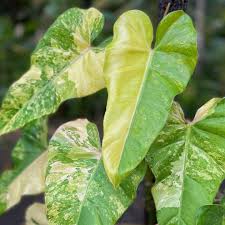Domesticum, The term “domesticum” is often encountered in scientific and horticultural contexts, referring to species that have been domesticated or cultivated for human use. Derived from the Latin word domesticus, meaning “of the home” or “domesticated,” it is commonly used in the scientific names of plants and animals that are closely associated with human activity.
Domesticum in Botany
One of the most widely recognized uses of the term is in plant taxonomy. For example, Durio domesticum is a species of durian cultivated in Southeast Asia for its edible fruit. Plants with the term “domesticum” in their scientific name are typically species that have been selectively bred or adapted to grow in domestic or controlled environments rather than in the wild. This makes them highly valuable for agriculture, gardening, and horticultural purposes.
Domesticum in Zoology
In zoology, domesticum can appear in the names of domesticated animals. A well-known example is Canis lupus domesticus, often used to describe domesticated dogs. Such classification underscores the relationship between humans and species that have been selectively bred for companionship, work, or food production.
Significance of Domesticum Species
Species labeled with “domesticum” often have traits that make them particularly useful to humans. These may include increased yield, easier cultivation, resistance to pests, or traits that enhance their aesthetic or functional value. Scientists and horticulturists pay close attention to these species because they represent the intersection of natural biodiversity and human intervention.
How Domesticum Species Impact Daily Life
The influence of domesticum species is evident in our daily lives—from the food we eat to the pets we keep at home. Cultivated fruits, vegetables, grains, and livestock species labeled as domesticum contribute significantly to global food security. Similarly, domesticated animals enhance human life through companionship, labor, and even cultural practices.
Conclusion
The term domesticum is more than just a Latin suffix; it signifies a long history of human interaction with nature. Whether in plants or animals, domesticum species highlight the ways humans have shaped the natural world to meet their needs. Recognizing and understanding these species allows us to appreciate the delicate balance between cultivation, conservation, and biodiversity.
You Might Also Like These:

